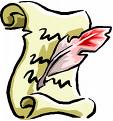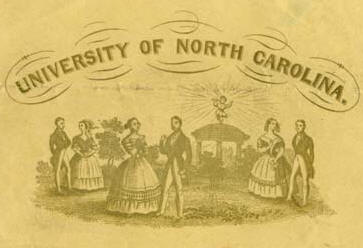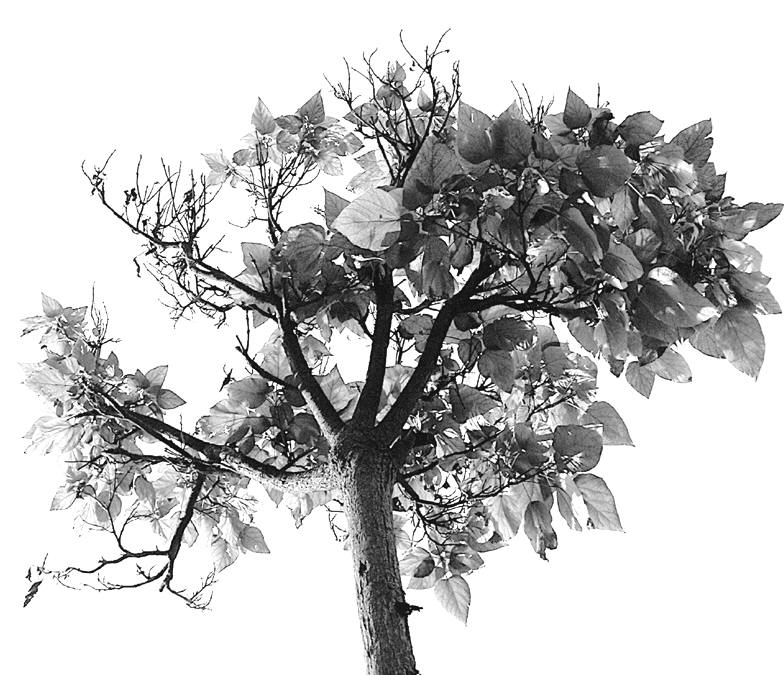

 To be rather than to seem
To be rather than to seem


 To be rather than to seem
To be rather than to seem
Carolina! Carolina! heaven's
blessings attend her,
While we live we will cherish, protect, and defend her.
from The Old North State by William Gaston












North Carolina 1868, Preamble.
We, the people of the State of North Carolina, grateful to Almighty God, the Sovereign Ruler of Nations, for the preservation of the American Union and the existence of our civil, political and religious liberties, and acknowledging our dependence upon Him for the continuance of those blessings to us and our posterity, do, for the more certain security thereof and for the better government of this State, ordain and establish this Constitution.
And we know that the Son of God is come, and hath given us an understanding, that we may know him that is true, and we are in him that is true, even in his Son Jesus Christ. This is the true God, and eternal life.
Thus speaketh the LORD of hosts, saying, Execute true judgment, and shew mercy and compassions every man to his brother:
Finally, brethren, whatsoever things are true, whatsoever things are honest, whatsoever things are just, whatsoever things are pure, whatsoever things are lovely, whatsoever things are of good report; if there be any virtue, and if there be any praise, think on these things.
Philippians 4:8











Institution of Higher Learning
1789 Beginning instruction in 1795, the University of North
Carolina, Chapel Hill, is the oldest public university in the nation. William Davies,
son of the Reverend Samuel Davies, led efforts to build legislative and
financial support for the  University.
He graduated from Princeton, studied law under his guardian Richard Stockton,
and served seven years in the Revolutionary War. The University's first
Board of Trustees included forty of the state's most influential men. More
than a third of them were heroes of the American Revolution.
University.
He graduated from Princeton, studied law under his guardian Richard Stockton,
and served seven years in the Revolutionary War. The University's first
Board of Trustees included forty of the state's most influential men. More
than a third of them were heroes of the American Revolution.
Samuel Davies was fourth president of the College of New Jersey (Princeton). The first was Joseph Caldwell.
Illustration from Invitation to the 1843 Commencement Ball, from the North Carolina Collection, University of North Carolina at Chapel Hill Library.
Chartered in 1967, the Chapel Hill Historical Society missions to
preserve Chapel Hill and the University of North Carolina heritage through
various active projects. http://www.ibiblio.org/chhistsoc/
Membership
Chairperson, The Chapel Hill Historical Society, P.O. Box 9032, Chapel Hill, NC
27515-9032
From early governing documents:
The early settlers developed colonial charters that were decidedly evangelical in their purpose, often expressing a goal for their colony to advance the Christian religion. As the country progressed up to the revolutionary war period, state constitutions evolved from the charters. Those state constitutions served to maintain the order already established by the original charters, the charters based on Christianity.


Any commercial use of 1843 invitation is prohibited without prior permission from The University of North Carolina at Chapel Hill University Library. Requests for permission to use DocSouth materials should be submitted using our online request form. If you are uncertain whether you need permission to use DocSouth materials, please use the online request form to contact us.